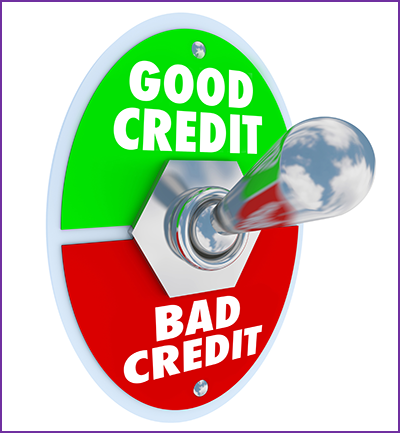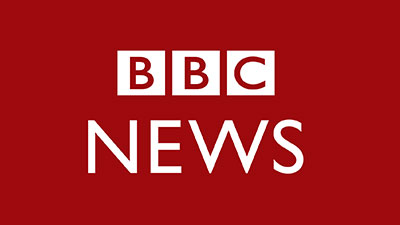You can easily obtain a free credit report which gives you credit information that a lender uses to decide whether to grant you a mortgage. Simply visit any of the websites of Experian, Equifax or CallCredit and follow their instructions.
You face an awful shock if you apply for a mortgage which you're convinced you will get only to find that your lender won't back you because of some glitches on your credit history that you were unaware of.
There are many things you can do to improve your credit history generally, but before you start, you must know what that history actually is. That is why we encourage everyone to obtain a report.
What is a credit report?
Your credit report is your personal log of the credit you have, including loans, mortgages and credit cards. It lists all of your bank accounts and has your registered personal details like your address.
What is your credit score?
Your credit score is based on a number of factors but is a key assessment used by banks when you look to get a mortgage, loan or a credit card. The lower your score, the less likely a bank will allow you credit.
What are the main glitches to be aware of?
1. Old addresses on old accounts
If you have an account for, say, a mobile phone you don't use any more and it's linked to an old address, this can ruin a mortgage application due to ID checks. You must make sure old accounts are closed or have an up-to-date address.
2. Unfair defaults on file
All credit reference agencies occasionally make clerical errors and may put an unfair default on your file. You must contact them to remove it as defaults ruin credit applications.
You may find the default is down to a dispute with a company about whether you owed them money or not. You must contact the company and ask for it to be removed, making it clear that you will contact the Financial Ombudsman if it isn't.
If contact with the company does not solve the problem, you can add a notice of correction to your file with a short explanation. It may slow applications down but it will help reduce the effects of the default.
Your final recourse is to contact the Financial Ombudsman or, if your dispute is with an energy company, the Energy Ombudsman.
3. Financial links to old partners
You may find that your credit rating is diminished because of the suspect credit history of someone you've shared joint finances with. This might be a business or life partner. You should write to your credit reference agency and ask for a notice of disassociation.
4. Not sorting out glitches!
Obtaining a credit report for yourself is the best way to combat this. If you have been rejected for credit, you need to check your files immediately to work out the reason why. Otherwise, you may continue to apply for credit for which you continue to be declined. This cycle, of itself, worsens any credit problems.
5. Unused credit and store cards
If you have access to too much available credit, even if you don't use it, this can ruin your credit score. The easiest solution is to cancel cards you don't need. You should never 'max out' a single credit or store card, though, so you should take a reasonable approach to this.
Bank accounts, on the other hand, which are long standing and have good credit histories, can benefit your credit score, so are normally best left open.
66% of UK home buyers buy with a mortgage
A large majority - 66% - of UK home buyers buy with a mortgage. So for most prospective home buyers, the most important point for them to demonstrate a good credit history is when they apply for a mortgage. This is most likely to be the time when they borrow the biggest sum they will ever borrow in their life.
To give yourself the best chance of ensuring that your mortgage application is not thrown out because of factors you may not even be aware of, can you afford not to get a credit report?
Our advisers are delighted to respond to any questions you may have about any of the points raised in this article. If you are concerned about your credit history, please call 0333 344 3234.















